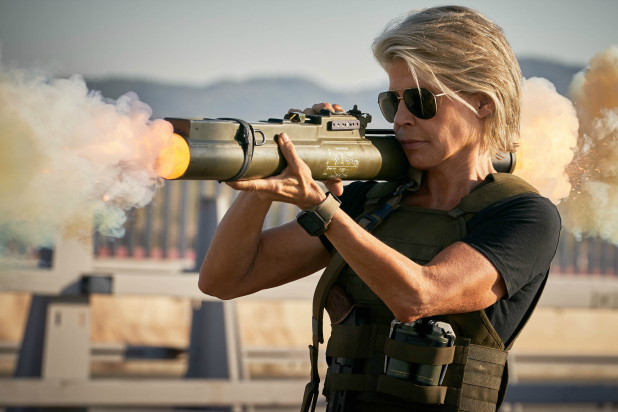
The movement’s moots ‘No more slave, no more master’ and ‘Arms to the people: power to the people and wealth to the people’ criticised patrimonial structures and political clientelism. Ħ The RUF claimed to liberate the civilian population from a ‘rotten system’, aiming to overthrow the then ruling APC government. 3 RUF/SL, “Footpaths to Democracy: Towards a New Sierra Leone”.By means of several song examples, it will then proceed to investigate the practical use of the rebel commando songs among Sierra Leonean insurgents. By fitting the songs into their war experience, combatants render them meaningful despite obvious language barriers and beyond their textual properties.ģ The following article will provide some initial information on the war situation in Sierra Leone and assess the role of Liberian Gio fighters and their songs. Special focus lies on the use, the fluidity, and the formability of the songs, as well as the ingenuity of its performers to recontextualise these songs. Most of the songs dealt with in this paper are (partial) contrafacta of Liberian Gio songs, which were incorporated from other cultural practices and contexts and already played a role as motivational songs in the Liberian civil war. On the other hand, it will analyse the diverse ways in which songs have been reworked from other performance contexts and placed into a conflict setting.Ģ The article will look into how music generates beneficial physical and emotional responses for combatants to create a sense of synchronicity and cohesion during military exercise and how music instigates zeal and bravery in the fighters. Two aspects will be under consideration here: on the one hand, the article will examine how the songs elicit desired bodily and cognitive affects advantageous for soldiering. It will look at the tunes that accompanied military training and combat activities and more generally study the role of music to help generate social cohesion and sustain collectivities. Top of pageġ Situated in music sociology, this article will explore the role of commando and morale booster songs among Revolutionary United Front (henceforth RUF) combatants in the Sierra Leone war of the 1990s. By fitting the songs into their war experience, combatants render them meaningful despite obvious language barriers and beyond their textual properties. Special focus lies on the use of, the fluidity and formability of the songs, as well as the ingenuity of its performers to recontextualise these songs. Most of the songs dealt with are (partial) contrafacta of Liberian Gio songs, which were incorporated from other cultural practices and contexts and already played a role as motivational songs in the Liberian civil war. The article examines how songs elicit beneficial physical and emotional responses advantageous for soldiering and it analyses the diverse ways in which songs have been reworked from other performance contexts and placed into a conflict setting. Based on recent research findings, it looks at the tunes that accompanied military training and combat activities and more generally examines the role of music to help generate social cohesion and sustain collectivities. This article explores the role of commando and morale booster songs among Revolutionary United Front (henceforth RUF) combatants in the Sierra Leone war of the 1990s. En mettant les chants en adéquation avec leur expérience guerrière, les combattants les rendent signifiants malgré d’évidentes barrières linguistiques et au-delà des particularités des textes. L’article se concentre particulièrement sur les usages de ces chants, sur leur fluidité et leur propension à être transformés ainsi que sur l’ingénuité dont font preuve les interprètes qui les recontextualisent. La majorité des chants dont il s’agit sont des contrafacta (partiels) de chants du peuple libérien Gio, provenant d’autres pratiques et contextes culturels et ayant déjà joué le rôle de chants de motivation durant la guerre civile libérienne. L'article examine les moyens par lesquels les chansons provoquent des réactions physiques et émotionnelles utiles au soldat et analyse les différentes façons dont les chansons ont été réinvesties en situation de conflit depuis d'autres contextes.

COMMANDO 2013 ROTTENTOMATOES PLUS
D’une manière plus générale, il s’agira d’étudier le rôle de la musique dans la construction de la cohésion sociale et dans le renforcement des collectifs. En me fondant sur les résultats de mes recherches récentes, je m’intéresserai aux airs qui ont accompagné l’entraînement militaire et les activités de combat. Cet article explore le rôle des chants de commandement et de stimulation morale au sein du RUF (Revolutionary United Front/ Front Uni Révolutionnaire) durant la guerre au Sierra Leone des années 1990.


 0 kommentar(er)
0 kommentar(er)
